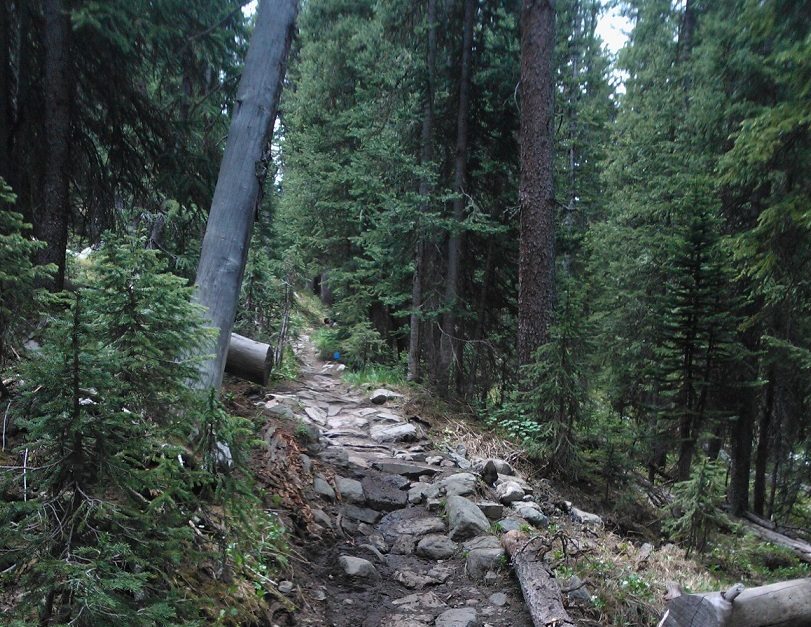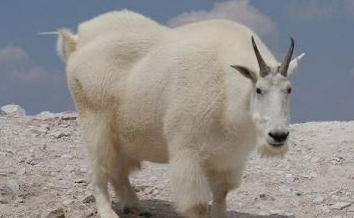
Altitude Sickness Prevention

The best way to prevent altitude sickness is to allow your body to adjust to the decreased levels of oxygen in high-altitude locations:
- If you are traveling from sea level to a destination above 8,000 feet, try to reach higher altitudes over the course of a few days.
- If you are traveling to very high altitudes, stop at 8,000 to 9,000 feet before moving on to allow your body to adjust.
- Sleep low. The fairgrounds are several thousand feet lower than the mountains you will be riding on during the day.
- Take medication:
- If your doctor recommends it, consider taking acetazolamide (Diamox) to help your body adjust to rapidly increasing altitudes.
- Avoid alcohol.
- You should not consume alcoholic beverages for at least the first two days you are at a high altitude.
- Exercise. Relax before engaging in anything more than mild exercise.

Two types of altitude sickness to be aware of:
- Acute Mountain Sickness (AMS).
- AMS is the mildest and most common type of altitude sickness.
- AMS affects an estimated 25 percent of people who travel to and sleep in locations above 8,000 feet.
- Symptoms of AMS may include headache, fatigue, appetite loss, nausea, and vomiting.
- AMS usually occurs within 2 to 12 hours of arriving at a high-altitude location and goes away within one to three days of being there.
- High-Altitude Cerebral Edema (HACE).
- On rare occasions, people who have AMS develop HACE.
- HACE can result in extreme fatigue, drowsiness, confusion, lack of coordination, and pulmonary embolism or PE.
- HACE is severely life-threatening, so anyone who experiences these symptoms should immediately go to a lower altitude and seek medical attention..

Altitude Sickness Treatment
If you do develop altitude sickness, the following treatment options may help:
- Over-the-counter pain relievers. These can help ease altitude sickness-related headaches.
- Move to lower ground. For any type of altitude sickness, the best treatment is to immediately move to a lower altitude.
- Wait it out. If your symptoms are mild, taking it easy as your body adjusts to the higher altitude may help.

